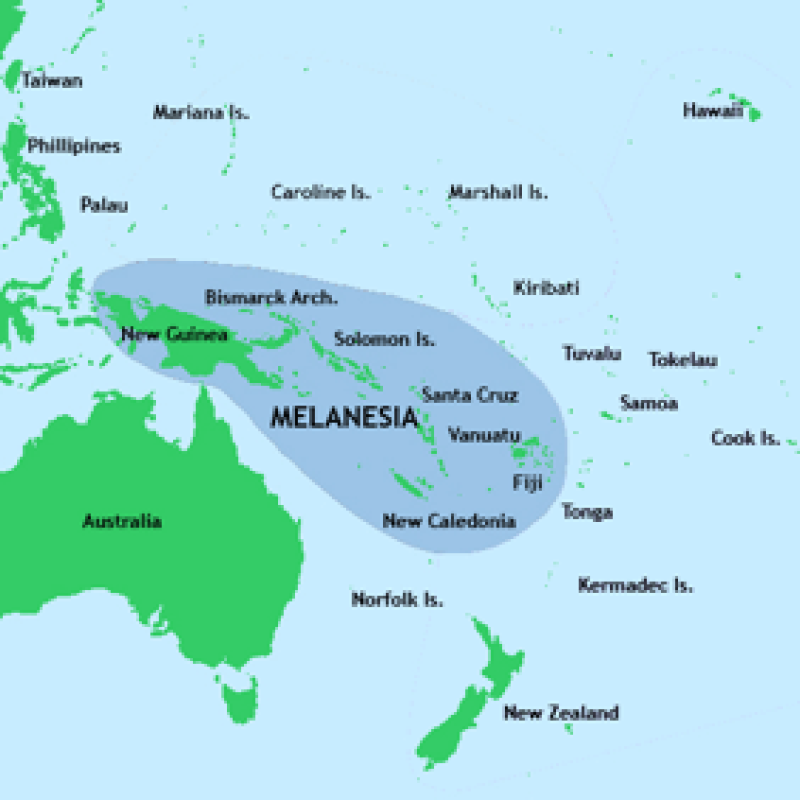The head of one of China’s biggest chemicals companies has played down expectations the country will become more open to genetically modified crops in the aftermath of ChemChina’s purchase of Swiss seeds and agrochemicals group Syngenta.
When the $43bn ChemChina deal was announced in early 2016, many suspected it would result in the swift approval of GM plantings in China, since Syngenta specialises in developing and researching GM.
That would be a turnround for a country where several GM grain strands can be imported, but only a few edible crops can be planted due to entrenched domestic fears that the technology poses a security threat.
But the issue got little attention at this week’s national congress of China’s Communist Party, despite calls by President Xi Jinping for more modern agriculture to ensure China’s food security.
Speaking on the sidelines of the gathering, Frank Ning, the head of ChemChina rival Sinochem, said the adoption of GM crops would only come “slowly, slowly”.
…
Mr Ning said the future of Chinese agriculture is the gradual improvement of seed quality and more targeted application of fertiliser and pesticides, which are big sources of soil and water pollution in China.
The GLP aggregated and excerpted this blog/article to reflect the diversity of news, opinion, and analysis. Read full, original post: China dashes hopes of GM boost after Syngenta deal































